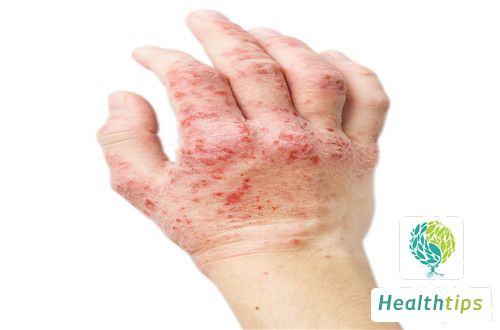If the fetus is diagnosed with Trisomy 21, it is recommended to terminate the pregnancy. A diagnosis of Trisomy 21 indicates that the fetus has Down syndrome, which usually leads to intellectual developmental disorders, abnormal physical development, and other developmental deformities after birth. The baby's facial features are also relatively special, and its ability to survive decreases, with a higher mortality rate.
 1. Trisomy 21 is actually Trisomy 21 Syndrome, also known as congenital foolishness. Children with this disease are generally referred to as Down's children or congenital foolishness, caused by various reasons leading to abnormal chromosome 21 in the fetus.
1. Trisomy 21 is actually Trisomy 21 Syndrome, also known as congenital foolishness. Children with this disease are generally referred to as Down's children or congenital foolishness, caused by various reasons leading to abnormal chromosome 21 in the fetus.
Advanced maternal age, ovarian function decline, and egg aging are the main factors causing Trisomy 21 Syndrome.
2. Trisomy 21 Syndrome is a chromosomal disease that can easily lead to delayed development and developmental deformities in babies. It can generally be detected through Down's screening during pregnancy. Around 16-20 weeks of pregnancy, a blood test is performed at the hospital. If a high risk is detected, it cannot be ruled out as Trisomy 21 Syndrome, and further amniotic fluid puncture is required.
3. Trisomy 21 Syndrome is a congenital genetic disease caused by the presence of three copies of chromosome 21 during the formation of germ cells. This occurs primarily when one of the parent's germ cells fails to separate chromosome 21 during meiosis to form gametes, or during mitosis in the fertilized egg, resulting in an extra copy of chromosome 21 in the embryo's somatic cells.




















